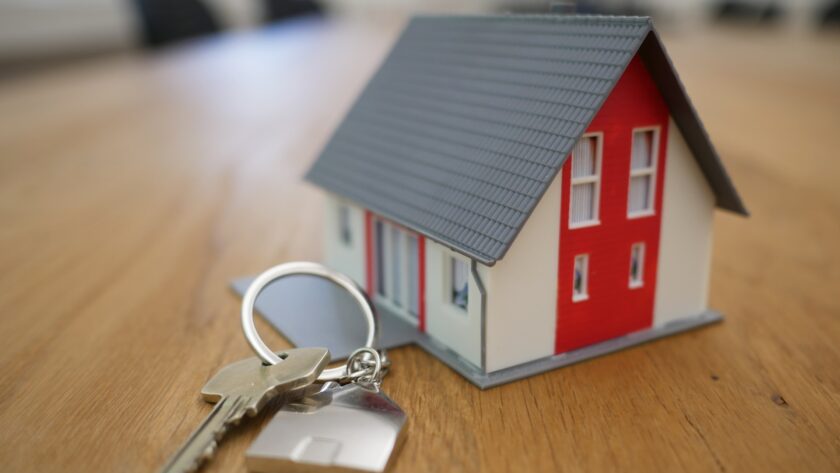Home ownership is a significant milestone in the lives of most middle-class families and young professionals. Not only is it an anchor that provides much needed stability, it often defines the long-term financial wellbeing and trajectory for most people.
For better or worse, real estate currently makes up a significant chunk of an average American’s net worth. As a result, a dream home remains a constant fixture and driving force for most, but this dream can just as easily turn into a nightmare.
First-time homebuyers continue to make the age old mistake of going for a house well beyond their means. Anticipating a steady growth in their income, and rising home values, investing in real estate hardly ever goes wrong, right? Wrong!
Why Buying An Expensive Home Can Be A Financial Misstep?
As a rule of thumb, financial planners suggest that your monthly mortgage payment shouldn’t exceed 28% of your household income, including taxes and homeowner’s insurance. Even though this rule is far from adhered to, here is why it makes a lot of sense.
To start with, splurging on a house that is so far beyond your means that you end up with a significant chunk of your income tied up in mortgage payments, essentially means that you have little left over for additional savings and investments to diversify your portfolio, or even bear the costs of living.
As a result, millions of Americans end up with an expensive house that they cannot sell, and no other major savings to rely on for their retirement. To make matters worse, house values may not always keep pace with inflation, especially in the case of premium luxury housing.
Splurging on an expensive house early-on in life is akin to having your hands tied, with borrowers being left unable to capitalize on other lucrative investment opportunities, be flexible with their careers, or take any risks for as long as the mortgage payments hang over their heads.
How To Avoid A House You Can’t Afford?
It’s easy to get waylaid into buying a property that is beyond your reach and budget, often the beautifully staged interiors, the smell of fresh cookies, and smooth-talking realtors do the trick. As a result, it is essential to adhere to a few principles, to ensure that you settle for a house you can afford, and one that is a sound long-term investment.,
- Determine A Realistic Budget
The first step is to set a budget, mostly depending on your household income, and as already mentioned, monthly payments should not exceed 28%.
Make sure to consider your monthly income, expenses, debt, and financial goals, along with the additional costs associated with home ownership, before arriving at the right figure.
- Consider Long-Term Financial Goals
Before you can consider the neighborhood, safety, good public schools, and connectivity, it is necessary to have a clear picture of where you see your finances in the long-term, and how exactly a house fits into the same.
As discussed earlier, it would be a mistake to rely on your primary residence as the only equity in your net worth as you approach retirement.
- Get Pre-Approved For A Mortgage
One of the best ways to ensure you don’t overextend yourself, and stick to your plans and budgets is by getting pre-approved for a mortgage.
Given that such approvals are given based on your monthly income, credit scores, and other risk factors, you cannot go wrong here, and no matter how much you are tempted by a swanky palatial residence, you will have no choice but to walk away if the price fails to align with budget and long-term financial plans.
Final Words
Becoming a homeowner is a significant milestone, but it is essential for first-time homebuyers to approach it with caution and careful consideration.
With the right decision, your property will continue to grow your net worth and contribute equity throughout your life, but a misstep can be a living nightmare unlike any other.




